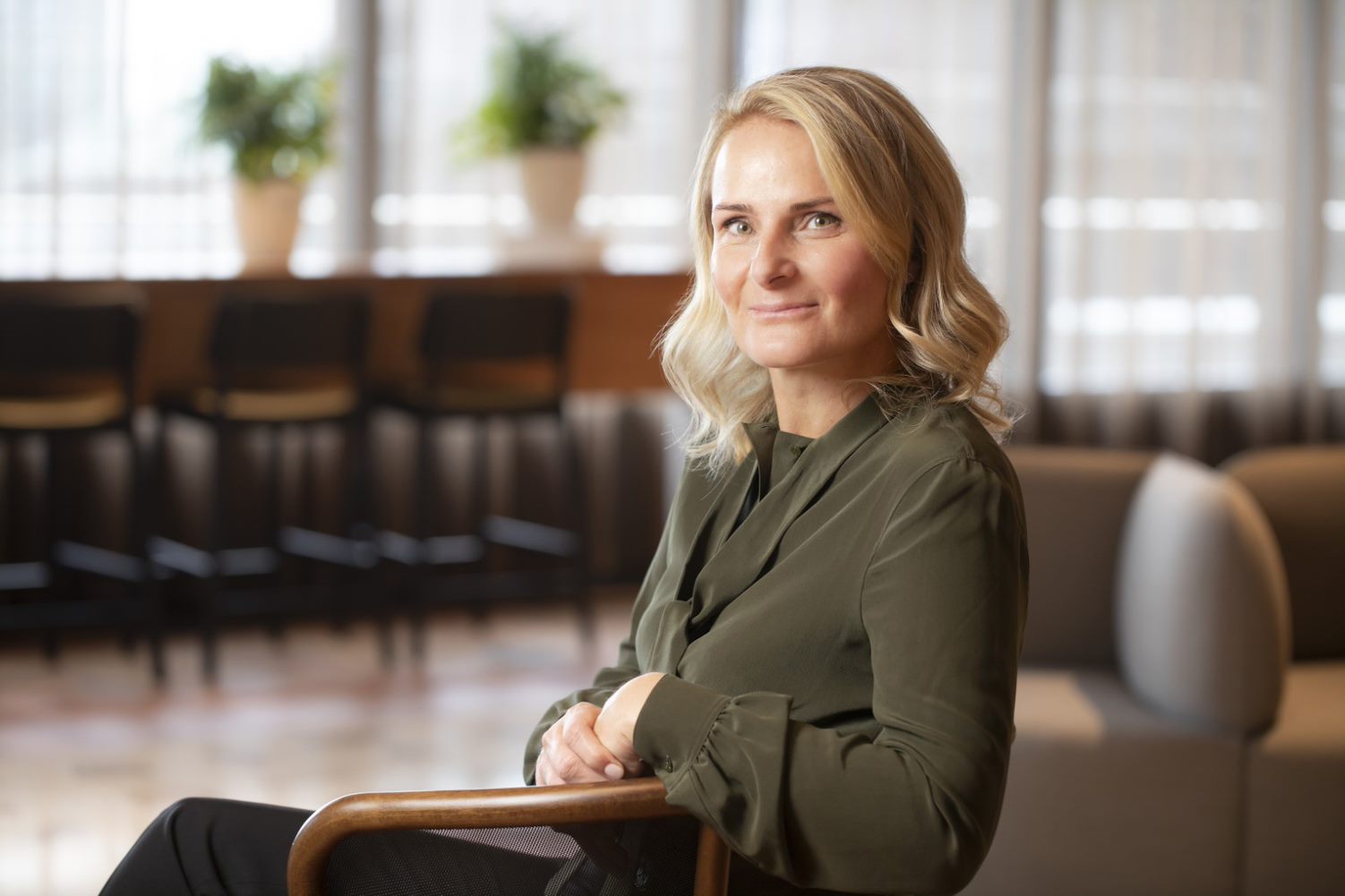05 Mar 2024
Gender equality starts at home
As the mum of two Gen Z sons, I’m all too conscious of the importance of sharing household duties and role-modelling gender equality at home. My husband and I both work full time and he runs his own business.
It can be a challenge to get the balance right, but we both want our boys to see domestic duties as “life skills not wife skills”.
"When fathers espouse and enact a more equal distribution of domestic work, their daughters more easily envision balancing work with family and having a less gender-stereotypic career”. - Deloitte, Breaking the Norm. Unleashing Australia’s economic potential
If you think about it, the workplace is a microcosm of society. The gender norms in the workplace often reflect the roles we’re accustomed to at home.
Of course there are many different types of families and households and gender isn’t binary, but for this purpose I’ve focused on the gender norms often found in couples comprising a woman and a man.
While some behaviours started to shift during the pandemic, when more men were home to share the domestic load (many for the first time), sadly we’re yet to see significant change.
Rather, the 2022 Deloitte Access Economics Report found progress on the division of unpaid domestic work has stalled, with almost no change between 2016 and 2021.
So what can we do?
When sharing is caring
The internalisation of gender norms begins early – and at home. An obvious step is to pause and think about who is doing what at home – both in terms of the time spent and the nature of the activity.
Who takes out the bins or does most of the driving? Who does most of the cooking and cleaning? Not to mention who carries the mental load – reading the school newsletter, RSVPing to kids’ parties and buying a present?
This might seem trivial, until you read the Deloitte report showing young girls generally receive less pocket money than boys despite undertaking more domestic duties. A shocking finding revealing how early this disparity begins.
Interestingly, research shows parents’ beliefs and actions on domestic duties can predict how stereotypically children see their own futures.
In particular, “when fathers espouse and enact a more equal distribution of domestic work, their daughters more easily envision balancing work with family and having a less gender-stereotypic career”.
Balanced at home = balanced at work
Australian men are more traditional in their gender attitudes than the global average, with 30 per cent of Australian men agreeing gender inequality doesn’t really exist. These rigid norms and stereotypes impact the physical and mental health of people of all genders and prevent us from reaching our full social and economic potential.
Deloitte estimates more flexible ideas around gender could lead to an additional $128 billion each year for Australia’s economy.
Increased participation of women in the paid workforce in recent years has not resulted in a corresponding redistribution of unpaid domestic work according to Deloitte.
In fact, Deloitte suggests women who earn more than their male partner tend to compensate by increasing the time they spend on household work.
The status quo is further perpetuated by the perception that policies to support caring responsibilities, such as parental leave or flexible work, are solely for women. This creates a gendered stigma that discourages men, many of whom want to be more involved at home.
When men take parental leave it leads to better mental health outcomes for fathers. It’s also good for children and gender equality. Yet, despite these benefits, the uptake is still disappointingly low.
Men more often work in roles offering flexible or hybrid arrangements, but women are more likely to take them up. About 57 per cent of men reported using flexible work options, compared with 72 per cent of women, according to DCA’s 2023 Inclusion@Work Report.
Yet men who accessed flexibility were 13 percentage points more likely to face negative treatment for doing so than women. Equality is two sides of the same coin and to achieve equality for women, we need to create some new norms for all genders.
So, if you’re a leader, encourage and enable men to share the care and support a more equal division of domestic duties. When a male employee tells you they are expecting a baby, assume they will be take parental leave, just as a female team member would. And celebrate them when they do.
And next time you go to mow the lawn or do some laundry, stop and think. A small change in how your household jobs are divvied up might help shape a more equal future for us all.
Elisa Clements (she/ her /hers) is Group Executive, Talent and Culture at ANZ
The views and opinions expressed in this communication are those of the author and may not necessarily state or reflect those of ANZ.
editor's picks
28 Feb 2024
